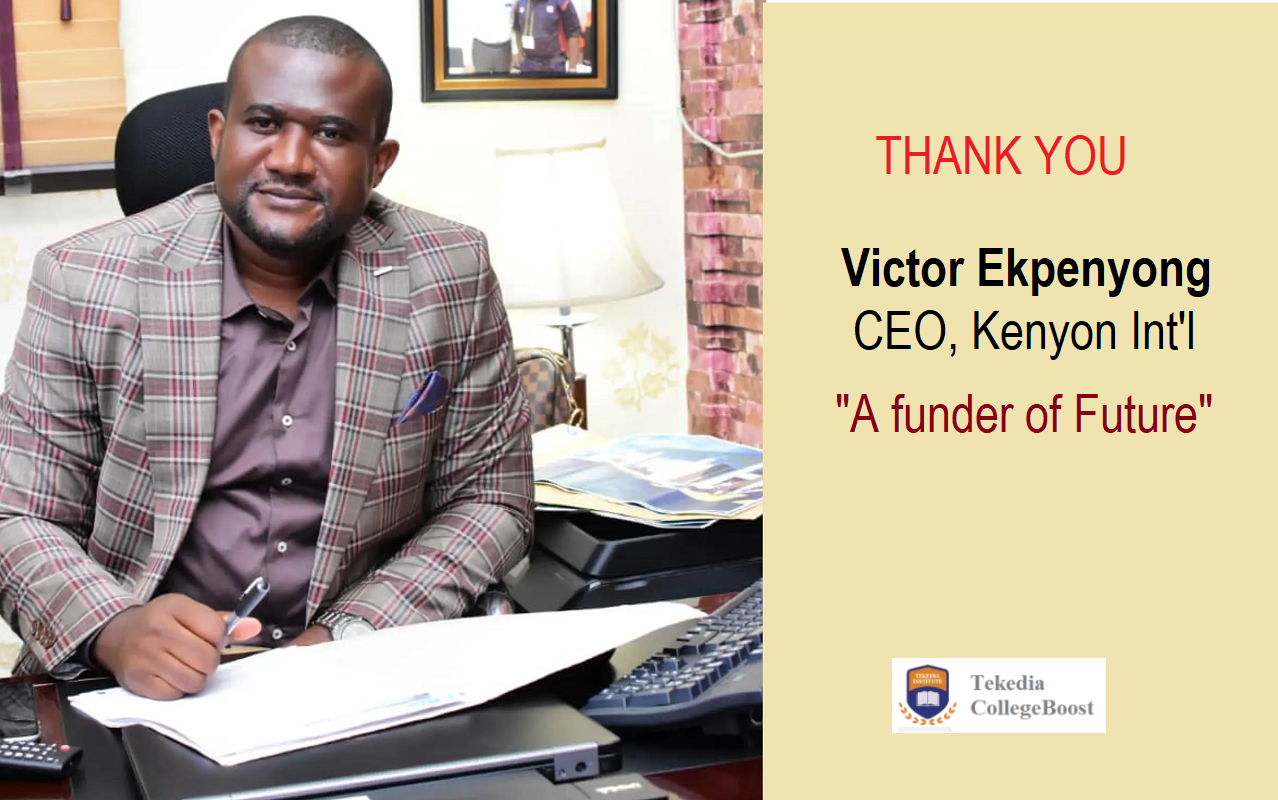It is often said that “Eras Come To An End”. This is the case for Nigeria, as the country reportedly loses its status as Africa’s largest crude oil producer.
A recent Bloomberg report reveals that Nigeria lost its crown as Africa’s largest crude oil producer after it was surpassed by Southern African country Angola, for the first time in five years.
Angola’s average daily output in August of 1.17 million barrels was more than Nigeria’s at 1.13 million barrels. According to Bloomberg’s survey of monthly OPEC output, the last time that happened was in April 2017 when both nations were pumping about 500,000 barrels a day.
A huge cause of this decline in Nigeria’s crude oil production, has been attributed to the incessant crude oil theft that has ravaged the oil sector in the country.
In the first quarter of 2022, Nigeria lost about $1 billion to oil theft, which has so far led to little or no contribution of the sector to Nigeria’s revenue.
A report revealed that the oil sector in Nigeria contributed virtually nothing to the country’s 3.54% GDP growth in Q2 2022, as the non-oil sector was mainly responsible for the revenue growth.
The oil sector reportedly declined by 11.77% in Q2 2022, as it also slumped by 26.04% in Q1 2022, all due to the drastic reduction in oil output.
According to the Nigerian National Petroleum Company Limited (NNPCL) it disclosed that in June, a whopping 9.425 million barrels were lost to the upstream challenges. This figure excludes the oil theft in the Niger Delta region, which is estimated to be 400,000 BPD.
A recent publication on Tekedia revealed that the NNPCL has been unable to remit a kobo to the account of the federation since this year, thereby crippling most dollar-related transactions in the Nigerian economy.
In a document in which the national oil company explained its operations to the Federation Account Allocation Committee (FAAC), it told the body that the nation lost 9.425 million barrels in nine major incidents in the course of its operations.
Nigeria’s upstream petroleum sector has struggled in the last one year, due to deteriorating facilities occasioned by waning investment as well as oil theft, sabotage, and community issues.
It is estimated that the country may have lost as much as $1.036 billion to the phenomena during the period under review.
Nigeria has tried to stamp out sabotage on its pipeline network in recent years without much success. The government on the other hand recently deployed more troops to the region where its oil pipelines are located in order to curb the menace of oil theft.
Group Chief Executive Officer (GCEO) of the NNPCL, Mele Kyari had announced cash rewards for anyone who blows the whistle on oil thieves and vandals, disclosing that he was personally spearheading the move to ensure that the identity of the whistle-blowers is kept under wraps.
He also disclosed that the NNPCL had deployed cameras to monitor its assets in real-time as well as the disclosure of the launch of an app to ensure the menace is brought to the barest minimum.
Nigeria’s production quota for August was at 1.826 million barrels per day. Libya produced 1.08 million barrels of crude a day in the same month, and could soon overtake Nigeria if the West African country continues on its current trajectory.
Like this:
Like Loading...







